SGGP
On September 19, within the framework of trade promotion implemented by the Ministry of Industry and Trade with global retail corporations such as Central Retail, Amazon, Walmart, Aeonmall... many global buyers mentioned the need to reduce emissions for Vietnamese rice grains.
Data from the World Bank (WB) shows that rice cultivation and processing are both “victims” and “culprits” contributing to climate change. Incomplete estimates show that rice cultivation and production account for 10% of global methane emissions and 25-33% in Southeast Asia. In Vietnam alone, rice cultivation and production is generating over 29 million tons of straw, more than 80% of which is burned in the fields after harvest. This results in large amounts of greenhouse gas emissions.
On that basis, the Ministry of Agriculture and Rural Development has coordinated with the World Bank to implement a project to sustainably produce 1 million hectares of high-quality specialized rice, reducing greenhouse gas emissions in the Mekong Delta. This cultivation will apply sustainable processes, use environmentally friendly materials, minimize the use of chemical fertilizers and pesticides, etc.
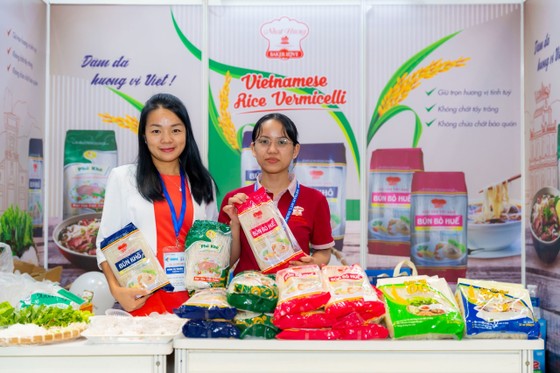 |
Vietnamese rice products attract world buyers |
Mr. Cao Thang Binh, a senior agricultural expert of the World Bank in Vietnam, said that with the above farming process, on average, 1 hectare of rice will reduce 8 tons of CO2 equivalent in a year. If expanded to the entire Mekong Delta, it will reduce about 10 million tons of CO2 equivalent in a year. This number is quite large and contributes significantly to carbon trading in Vietnam.
Agreeing, Mr. Nguyen Duy Thuan, General Director of Loc Troi Group, said that in addition to the added value due to selling carbon certificates, Vietnamese rice products also have increased value when exported. It is known that in the first 8 months of 2023, Vietnam exported nearly 5.9 million tons of rice, reaching 3.17 billion USD, an increase of 36.1% over the same period in 2022.
Mr. Nguyen Viet Cuong, Deputy General Director of the Joint Stock Commercial Bank for Foreign Trade of Vietnam (Vietcombank), added that the unit always devotes special resources to medium and long-term lending for green projects, focusing on the fields of renewable energy, green agriculture and environmental treatment.
Green credit is currently a topic of interest and priority, especially for socio-economic development. The fields of renewable energy, investment in green buildings, electric vehicles and clean agriculture are the trends that the green credit market is aiming for, in order to realize the strong commitment of the Vietnamese Government at COP26.
Source





![[Photo] Prime Minister Pham Minh Chinh receives Swedish Minister of International Development Cooperation and Foreign Trade](https://vphoto.vietnam.vn/thumb/1200x675/vietnam/resource/IMAGE/2025/5/12/ae50d0bb57584fd1bbe1cd77d9ad6d97)
![[Photo] Prime Minister Pham Minh Chinh works with the Standing Committee of Thai Binh Provincial Party Committee](https://vphoto.vietnam.vn/thumb/1200x675/vietnam/resource/IMAGE/2025/5/12/f514ab990c544e05a446f77bba59c7d1)

![[Photo] Prime Minister Pham Minh Chinh starts construction of vital highway through Thai Binh and Nam Dinh](https://vphoto.vietnam.vn/thumb/1200x675/vietnam/resource/IMAGE/2025/5/12/52d98584ccea4c8dbf7c7f7484433af5)
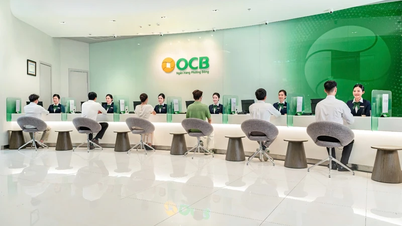





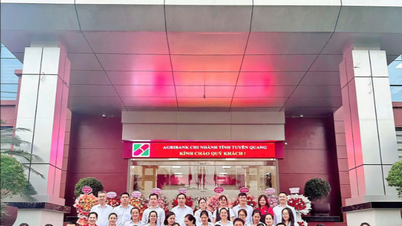

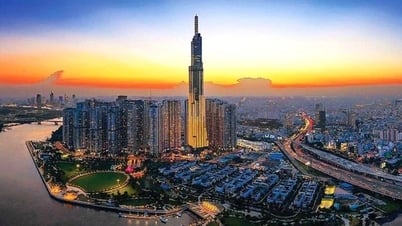

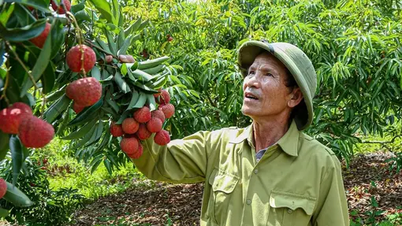

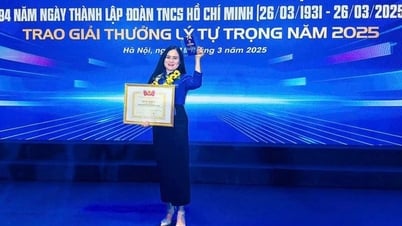
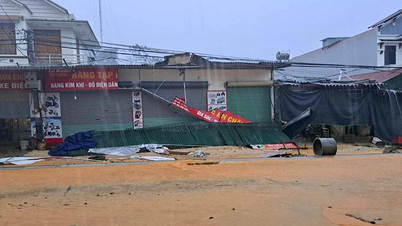
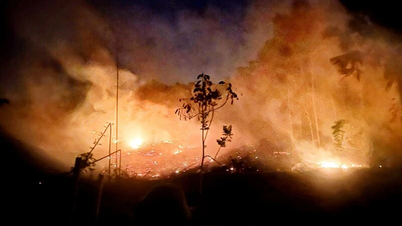
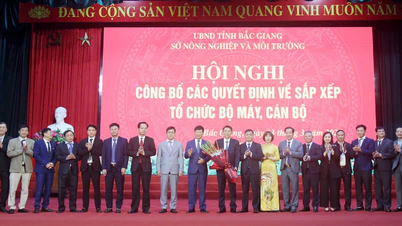
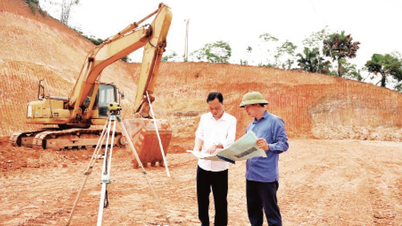
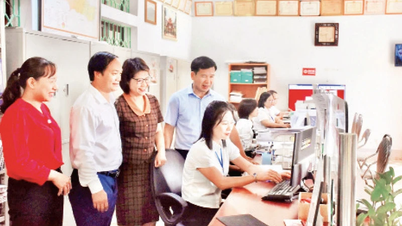






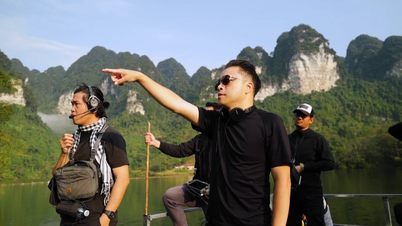

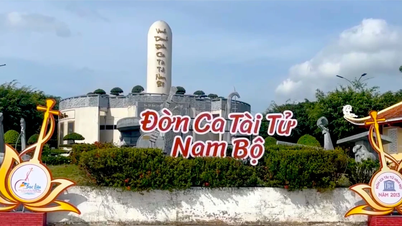
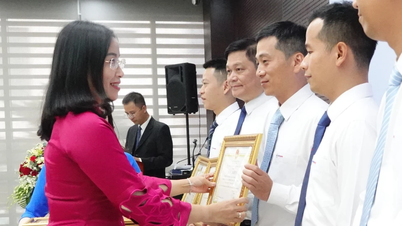

















































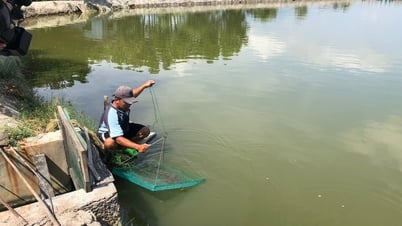

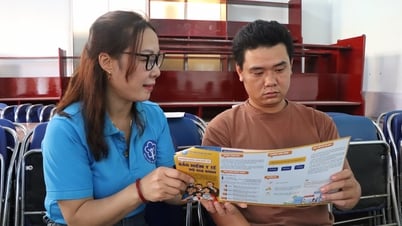
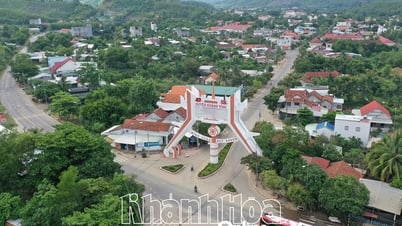











Comment (0)